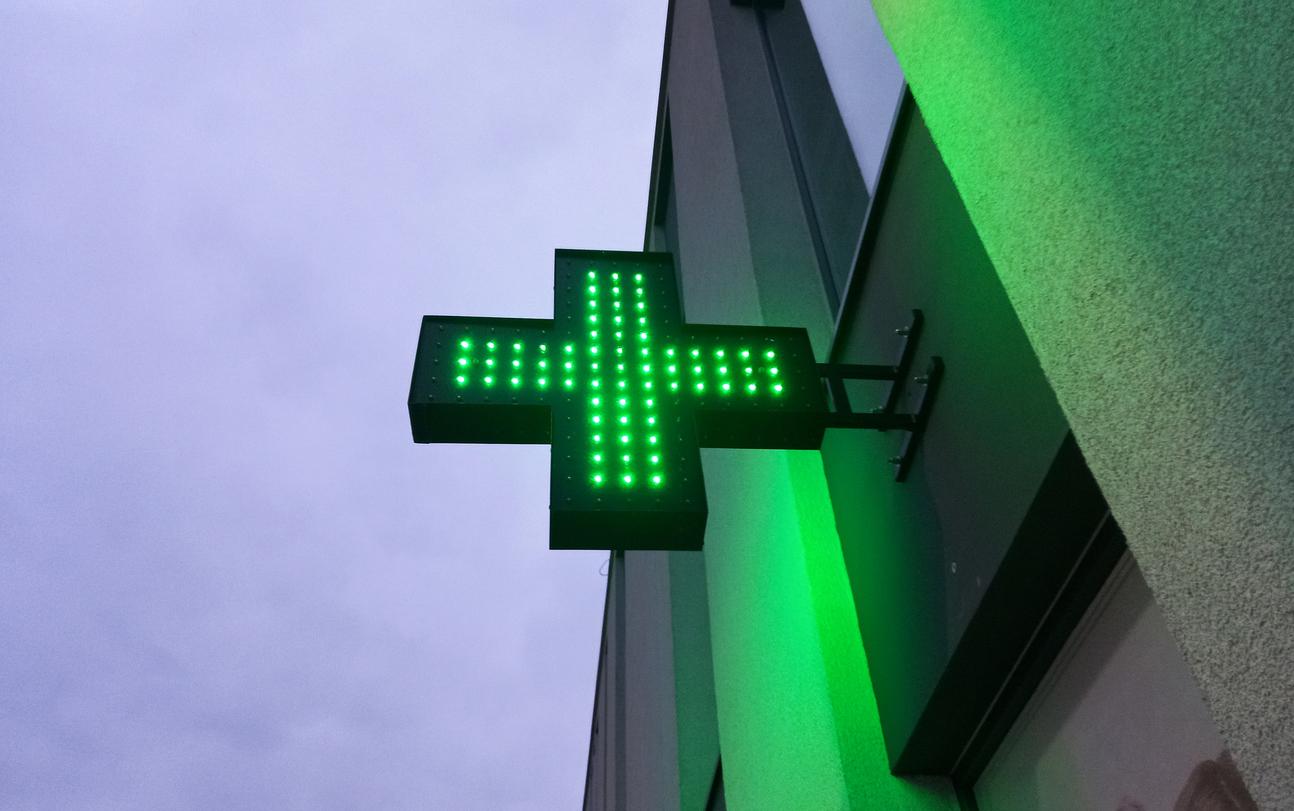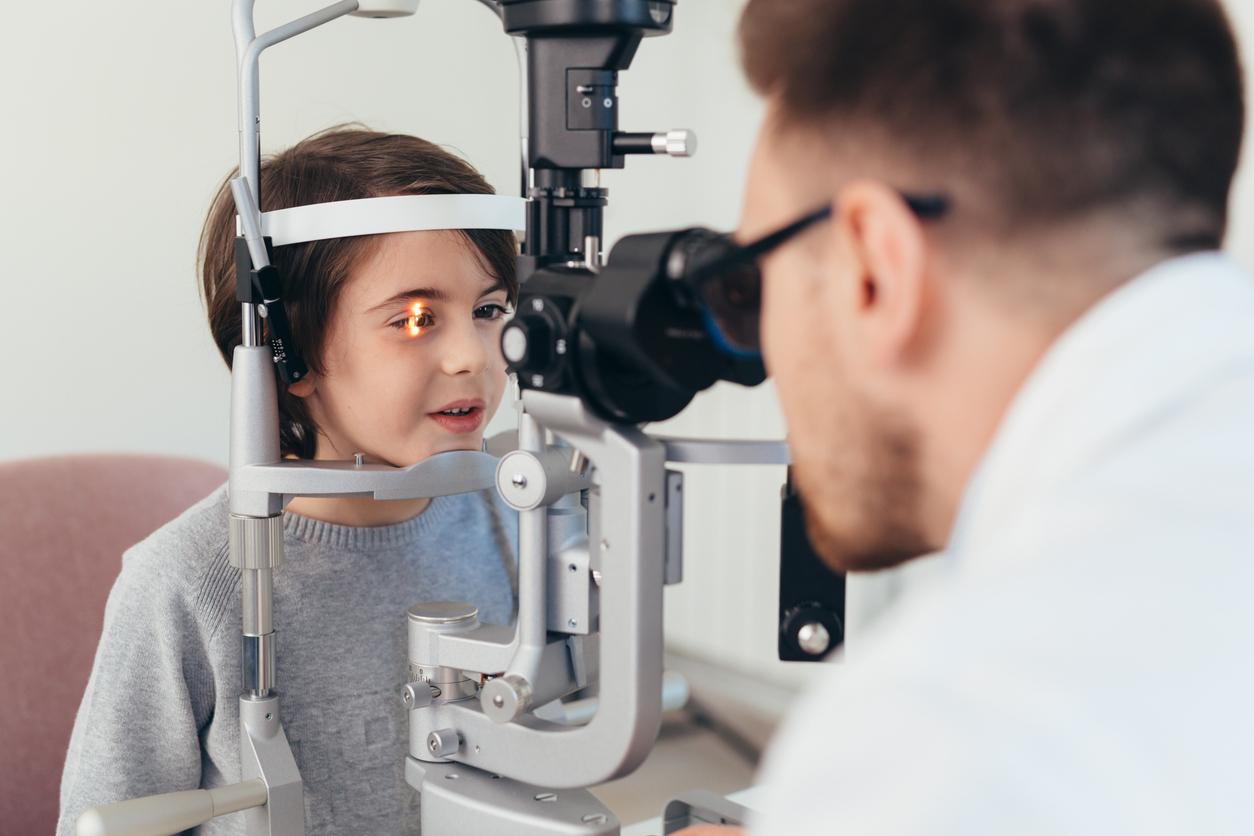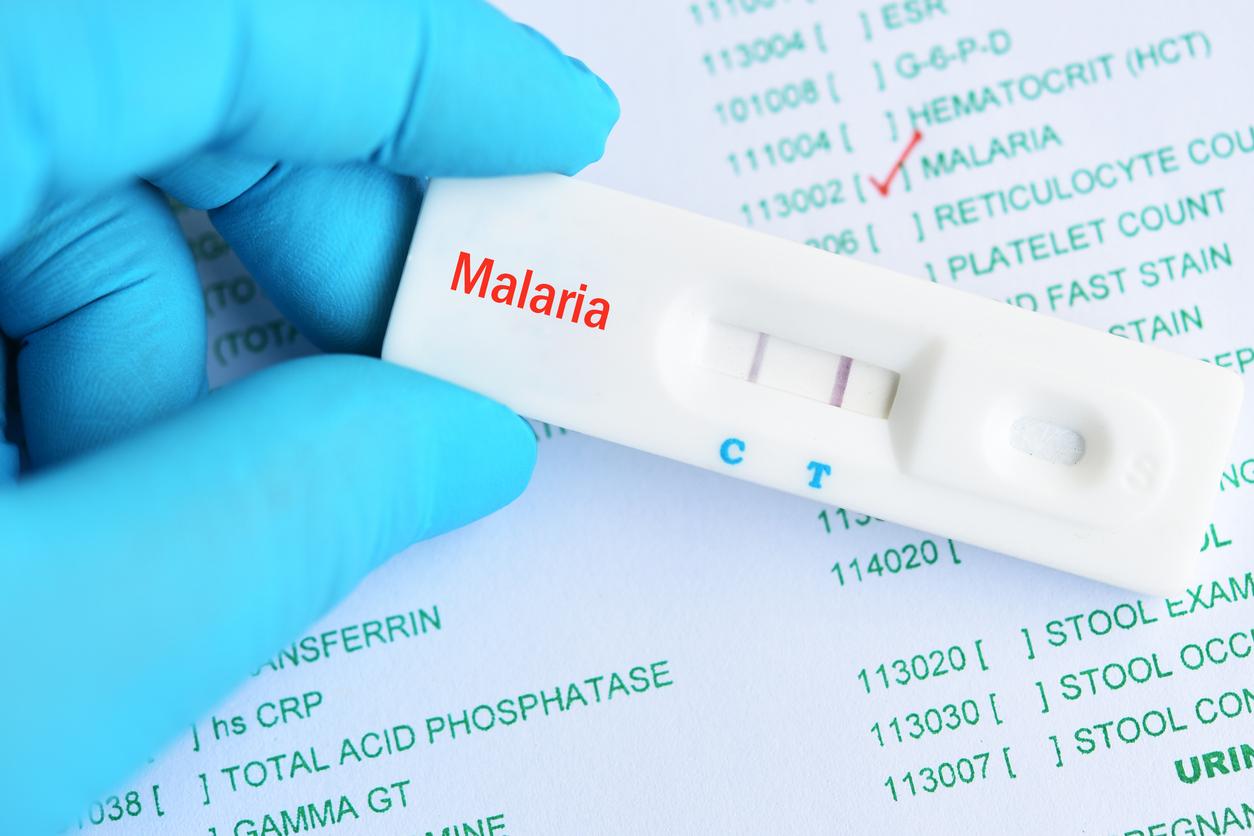In the absence of sufficient evidence, the blood test to detect trisomies is reserved for women at greatest risk. Dutch researchers hope, however, to change this practice.

With a simple blood test, it is now possible to detect trisomy 21 in maternal blood. But for lack of sufficient data on its benefit in the general population, experts believe that this non-invasive test should be reserved for women at risk. A decision that could change in view of the results presented this Saturday at the Annual Congress of the European Society of Genetics in Glasgow (United Kingdom).
“In light of our results, we believe that all pregnant women can benefit from this test, not just those identified as at risk,” said Dr Erik Sistermans of the VU Medical Center in Amsterdam in the Netherlands and responsible for the first national study of non-invasive prenatal testing (NIPT).
Less sensitive, but less dangerous
To conduct their study, the researchers followed more than 3,300 women at high risk for Down syndrome (trisomy 21), Edward syndrome (trisomy 18) and Patau (trisomy 13). At the end of their pregnancy, 3,278 women reported whether or not their child had one of its syndromes. Thanks to the blood test, the researchers detected 89 cases of trisomy 21, 11 cases of trisomy 18 and 10 cases of trisomy 13. And the follow-up of these 103 cases revealed only 9 false-positives.
Researchers concede that NIPT is less accurate than invasive tests like amniocentesis, which is 100% reliable but increases the risk of miscarriage. “For this reason, a positive result should always be confirmed by an invasive test,” says Erik Sistermans.
Alternative to amniocentesis
This screening method could therefore be an effective alternative to invasive samples, as are today the measurement of nuchal translucency (accumulation of fluid in the neck of the fetus) and the use of maternal serum markers for trisomy 21. This screening combined, offered in France as a first-line option to all expectant mothers, has prevented no less than 200 miscarriages per year, according to a study conducted last May by the Biomedicine Agency. The authors also stressed that “this screening could experience significant changes with the methods of analysis of free fetal DNA in maternal blood”.
“Currently the price of NIPT and invasive methods are similar, but we believe that increased use of this test will cause the prices to drop. Given the vast majority of women who prefer to perform this kind of test to be sure of not putting their child at risk, it seems obvious that the demand will increase in the years to come ”, assured the researcher.
.

















